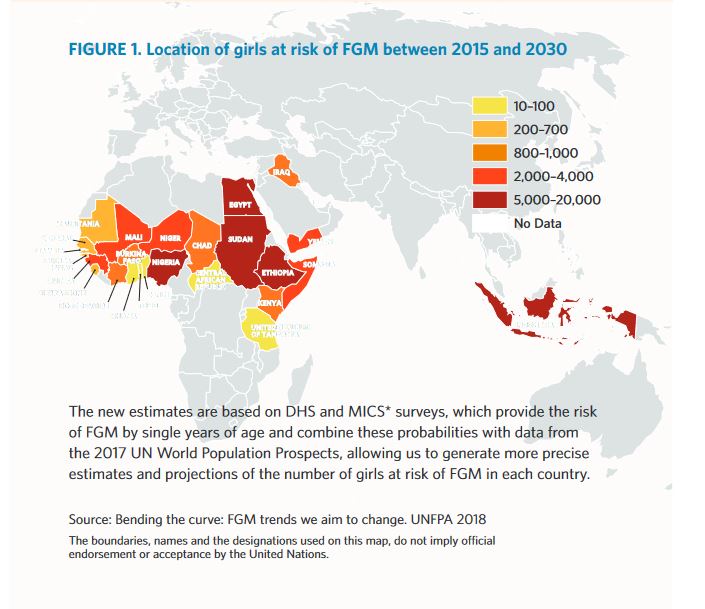By Ndey Ceesay
In a move that could make The Gambia the first country on earth to reverse legal protections against female genital mutilation or cutting (FGM/C), the West African nation’s Parliament advanced a bill that would repeal a 2015 law criminalising all acts of the harmful traditional practice.
Since then, campaigners are concerned about a push towards the “medicalisation” of FGM, in which it is performed by a healthcare provider.
‘’Medicalisation” of FGM refers to situations in which FGM is practiced by any category of health care provider, whether in a public or a private clinic, at home or elsewhere. It also includes the procedure of infibulation at any point in time in a woman’s life.
No medical justification, Unethical
Such an act is “a breach of medical ethics and human rights and involvement by physicians may give it credibility”, The Lancet reported, quoting a 2022 statement by the World Medical Association.
According to a brief by the United Nations Population Fund (UNFPA), FGM can never be safe and there is no medical justification for the practice. Even when the procedure is performed in a sterile environment by a health care provider, there is risk of health consequences immediately and later in life.
Under any circumstances, FGM violates the right to health, the right to be free from violence, the right to life and physical integrity, the right to non-discrimination, and the right to be free from cruel, inhuman or degrading treatment.
When performed in a clinical setting, FGM violates medical ethics as well and may confer a sense of legitimacy to FGM or give the impression that it is without health consequences, which can undermine efforts towards abandonment.

Gambian law
In The Gambia, carrying out the procedure is punishable by up to three years in prison, a fine of 50,000 dalasi, or both, and where FGM causes death life imprisonment.
Nine years ago, the Government of the West African nation passed the Women’s (Amendment) Act, 2015, which prohibits female circumcision. Sections 32A and 32B criminalise the harmful traditional practice and set out punishments for performing, procuring, and aiding and abetting the practice of FGM/C.
…………………….
Read Factsheet on FGM in The Gambia HERE OR HERE: https://factcheckgambia.org/factsheet-female-genital-mutilation-cutting-in-the-gambia/


